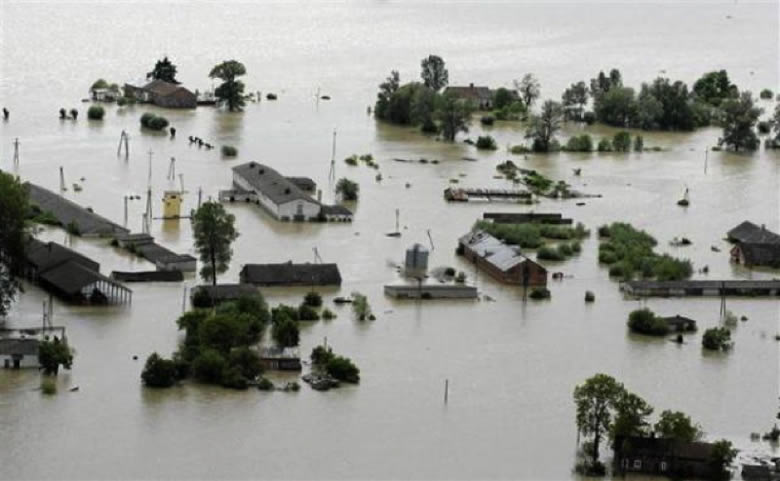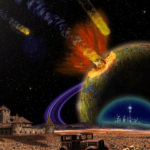
Researchers wrote in the journal Nature on Jan. 13 that extremes in rainfall, such as severe drought or flash floods, can cripple the global economy. The study discovered that wealthier, industrialised countries bear the brunt of these effects.
Drought occurrences were found to cause the greatest economic productivity shocks, according to a global analysis. However, days with significant deluges, such as those that occurred in Europe in July 2021, caused severe economic shocks (SN: 8/23/21). The most surprise finding, according to Maximilian Kotz, an environmental economist at Germany’s Potsdam Institute for Climate Impact Research, was that agricultural economies looked to be rather immune to these types of shocks. Manufacturing and services, on the other hand, were the hardest hit industries.
As a result, the wealthiest nations, whose economies are more closely related to industry and services such as banking, health care, and entertainment, were the ones most affected by rainfall extremes, not the poorest nations with agriculture-dependent civilizations.
It’s commonly known that rising temperatures can have a negative impact on economic productivity, such as contributing to lost work days or doctor visits (SN: 11/28/18). Human conduct is likewise affected by extreme heat (SN: 8/18/21). However, determining the impact of climate change-related changes in rainfall on the global economy has proven to be more difficult.
This is partly due to the fact that prior research into a putative link between rainfall and productivity has concentrated on variations in annual precipitation, which Kotz says is “simply too coarse to truly capture what’s actually happening [in] the economy.” More rain in a given year was shown to be generally positive, which makes sense because having more water available is useful to agriculture and other human activities, he adds. “However, these studies focused primarily on agriculturally based economies and poorer economies.”

In their new study, Kotz and his colleagues looked at three timescales—annual, monthly, and daily rainfall—to see what occurred to economic production when rainfall departed from historical averages. According to Kotz, they incorporated two new metrics not examined in earlier studies: the number of wet days a location receives in a year and extreme daily rainfall. From 1979 to 2019, researchers looked at these parameters in 1,554 regions around the world, including several subregions within 77 nations.
In a commentary in the same issue of Nature, Xin-Zhong Liang, an atmospheric scientist at the University of Maryland in College Park, writes that the disparity in which regions are hit hardest is “at odds with the conventional wisdom” — and with some previous studies — that agriculture is vulnerable to extreme rainfall. In order to truly grasp how these extremes affect agriculture, researchers may need to include other elements in future analyses, such as crop growth phases, land drainage, or irrigation, Liang adds.
“That was definitely surprising for us as well,” Kotz says. Although the study doesn’t specifically try to answer why manufacturing and services were so affected, it makes intuitive sense, he says. Flooding, for example, can damage infrastructure and disrupt transportation, effects that can then propagate along supply chains. “It’s feasible that these things might be most important in manufacturing, where infrastructure is very important, or in the services sectors, where the human experience is very much dictated by these daily aspects of weather and rainfall.”
According to Tamma Carleton, an environmental economist at the University of California, Santa Barbara, who was not engaged in the new research, include daily and monthly rainfall extremes in this type of analysis was “an essential innovation” because it identified new economic vulnerabilities. “The findings in the report are not yet clear on who is more vulnerable and why,” Carleton adds. “Rather, they raise many interesting questions for future research to unravel.”

As global temperatures rise, extreme rainfall events, such as drought and deluge, will become more often, according to the United Nations’ Intergovernmental Panel on Climate Change (SN: 8/9/21). The findings of the study, according to Kotz, serve as yet another grim warning to the industrialised, wealthy world: human-caused climate change will have “significant economic effects.”




